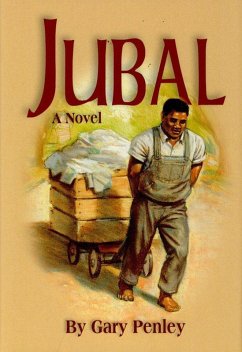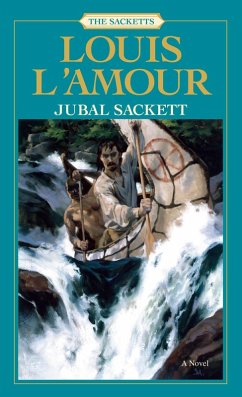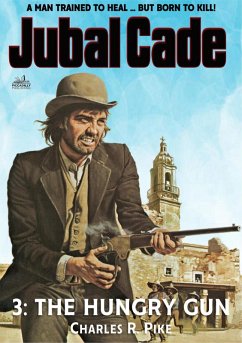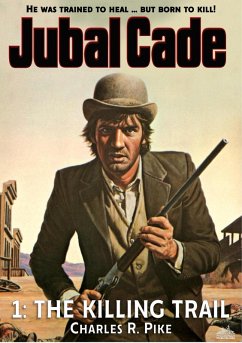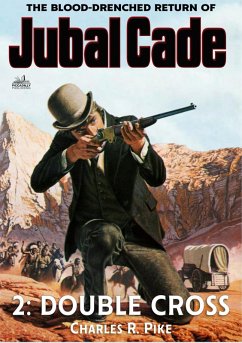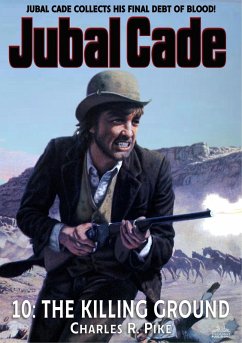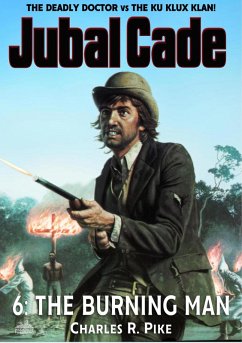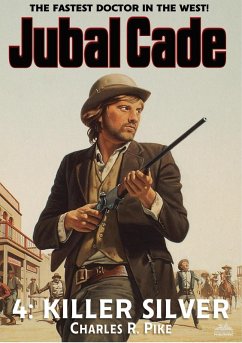
Jubal Leatherbury (eBook, ePUB)
Book Ii

PAYBACK Punkte
1 °P sammeln!
In Book I, young Jubal was found hanging in a woodshed near death, the victim of ongoing and horrific abuse at the hands of his mother. Taken from his home in Mobile, Alabama, and given into the care of his grandmother by a panicked father, Jubal grew up in New Orleans, losing all memory of the shocking events of his life before his fifth birthday. As a young adult, he returned to Mobile and met with his mother for the first time. This resulted only in grief for Jubal and for those who loved him.In 1914, only tax revenue provided more income for the state of Alabama than that provided by the l...
In Book I, young Jubal was found hanging in a woodshed near death, the victim of ongoing and horrific abuse at the hands of his mother. Taken from his home in Mobile, Alabama, and given into the care of his grandmother by a panicked father, Jubal grew up in New Orleans, losing all memory of the shocking events of his life before his fifth birthday. As a young adult, he returned to Mobile and met with his mother for the first time. This resulted only in grief for Jubal and for those who loved him.
In 1914, only tax revenue provided more income for the state of Alabama than that provided by the lease of convicts to railroads and to the coal and timber industries. Leased convicts became the property of the leasing company. There were fewer safeguards in place for these prisoners than there had been for former slaves which, in fact, some of them were. They were routinely beaten, starved, and often worked until they died from exhaustion and disease. Their deaths may or may not have been reported along with the request for another prisoner.
As Book II opens, Jubal leaves Mobile, pursuing a business opportunity in the heavily forested hill country of north Alabama. There he encounters the practice of using convict labor in private industry. In his tender, wounded heart, a passion to relieve the suffering of these men is ignited, a passion that would consume and govern him, no matter where it led or what it cost him.
In 1914, only tax revenue provided more income for the state of Alabama than that provided by the lease of convicts to railroads and to the coal and timber industries. Leased convicts became the property of the leasing company. There were fewer safeguards in place for these prisoners than there had been for former slaves which, in fact, some of them were. They were routinely beaten, starved, and often worked until they died from exhaustion and disease. Their deaths may or may not have been reported along with the request for another prisoner.
As Book II opens, Jubal leaves Mobile, pursuing a business opportunity in the heavily forested hill country of north Alabama. There he encounters the practice of using convict labor in private industry. In his tender, wounded heart, a passion to relieve the suffering of these men is ignited, a passion that would consume and govern him, no matter where it led or what it cost him.
Dieser Download kann aus rechtlichen Gründen nur mit Rechnungsadresse in A, D ausgeliefert werden.





